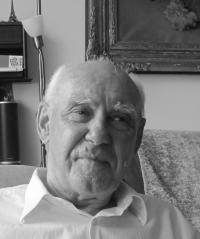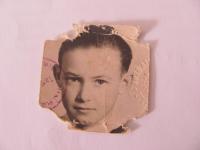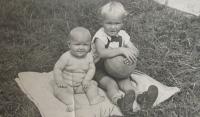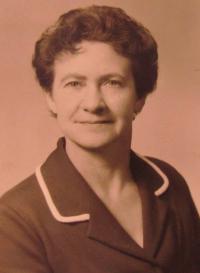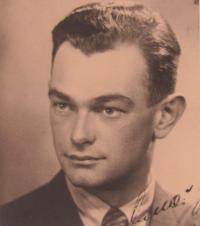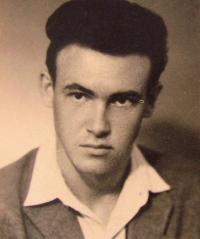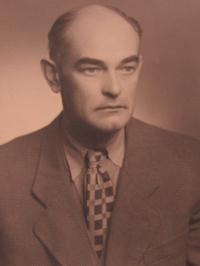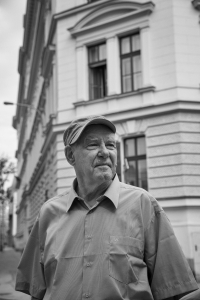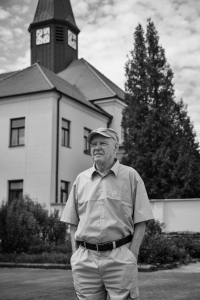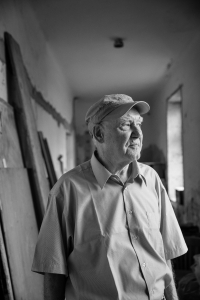Never be afraid, and know that you’re working for a good cause
Josef Beneš was born on 2 December 1936. His parents, Josef and Zdena (née Kukurcová), worked at the Baťa shoe factory in Zlín. When Hitler occupied Czechoslovakia in March 1939, the family had already moved to Stařeč near Třebíč. Josef’s father refused to collaborate with the Nazis, and so he was removed from his management position. After the war he travelled to the surrounding villages and warned people not to vote the Communists in the 1946 election. Following the Communist coup in February 1948, the family moved to Brno. Josef attended an extended grammar school. When the regime dissolved this type of school, he was barred from continuing his studies. So he trained as a cook. Josef Beneš Sr began planning the family’s emigration in the 1950s. He secured legal departure from the country for his wife and daughter. He and his son attempted to illegally cross the border to Austria in October 1956. They hungered in a maize field for three days while hiding from border guards. To save their lives, they finally decided to leave their hiding and surrender with their hands held up. Josef and his father were sentenced to several months of prison for attempting to cross the border illegally. Josef’s father was tortured with electric shocks during interrogations. He never recovered from the consequences of his torture or imprisonment. He died in 1964. After his release Josef Beneš Jr was drafted into the Auxiliary Engineering Corps (forced labour) in Rajhrad in 1957. He was not released from service until three years later. Until 1989 he worked as a cook, a waiter, and a driver. He is now retired and lives in Brno.

